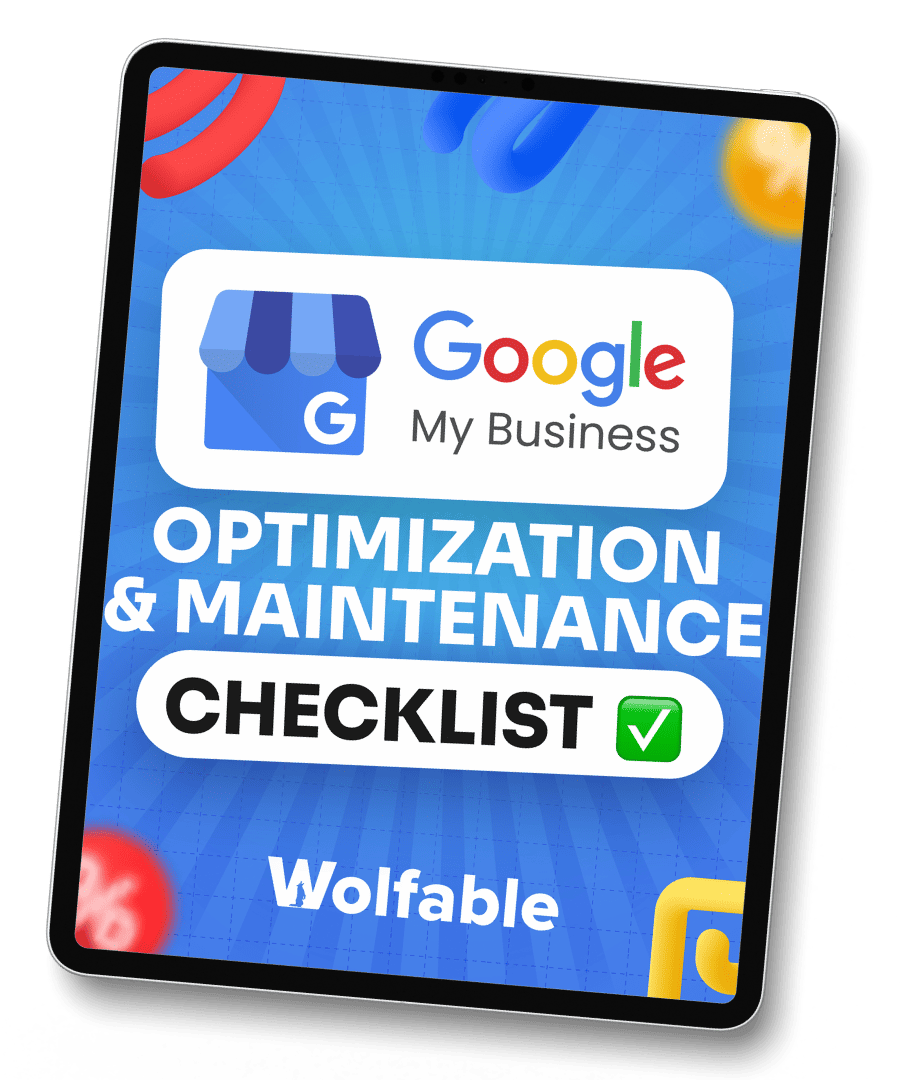Wraps up in 6 Minutes
Today, businesses vie to expand their service horizons for clients and the choices are many. Businesses often outsource digital marketing services rather than hire a big team. And when we talk about outsourcing, two words mostly flash in the mind - Freelancer and White Label Agency.
Freelancer and White Label Agency both hold their own privileges with their digital marketing services and while choosing one from them, there are several facets you can consider.
Your decision significantly impacts your business - rather decide based on the criteria depending on what matters to your business the most.
For that, you need to understand their catering and the areas of their expertise and downsides. And, we’ll help you with the same.
Take a look at it? Let’s do!
Who is a Freelancer?
A self-employed person - using his/her skills and expertise to serve clients, companies, and brands' requirements simultaneously.
Freelancer works for multiple clients at the time on a contract basis. Freelancers help businesses and individuals on a project-by-project basis with their prowess.
Freelancers typically have freedom and flexibility with their work, they choose their own clients, set their own work hours, and work from any corner of the world.
Pros of Hiring a Freelancer
1. Budget-friendly
There will be a time when your business needs someone with a specific skill or expertise. Freelancers work on a project base and charge the same. This means you will only pay for the work you need without worrying about benefits, payroll taxes, and other associated costs.
2. Access to Expertise
By hiring a freelancer, you can tap into their specialization. Freelancers often possess specialized skills and expertise. Hiring a freelancer allows you to bring in talent on an as-needed basis talent to meet your project requirements.
3. Flexibility
Freelancers work from anywhere anytime -setting their working hours. They are known as the on-demand workforce where you can dial up the talent any time you need. They even accept last-minute projects.
4. Fresh Perspective and Innovative Thinking
Freelancers work with many clients - handling multiple projects and brands at the same time helping them to build their knowledge and skills. This allows them for fresh perspectives and innovative thinking for each project and brings new ideas to the table for your business.
5. Ideal for Project-based Work
In businesses, not each project requires the same time, effort, and skills. One-off assignments require completely new skills and expertise. In this matter, freelancers are the best option for the projects of web development, digital marketing campaigns, or product development.
6. Quick Delivery of Work
Freelancers happen to deliver the work faster as they jump into a project and get their work done. They are more focused on one project at a time and are often more productive. They work on deadlines and quickly deliver the work by controlling their work schedule.
Cons of Hiring a Freelancer
1. Lack of Control and Commitment
Freelancers are independent contractors and not full-time employees. This means you have less control over your work schedule, communication, and overall commitment to the project. They might also have multiple clients, leading to potential conflicts of work priorities and delays in your project.
2. Unpredictable Quality of Work
It can be challenging to assess a freelancer’s skills and experiences accurately through online profiles and portfolios. The quality of their work may not meet your expectations, leading to frustration and rework.
3. Lower Investment in the Company
Freelancers do not receive the same benefits and training as full-time employees, implying that they may not have the same level of loyalty and commitment to your company’s goals and values. This is why they are less likely to take on additional responsibilities to go on extra mile for your company.
4. Security Risks
In some cases, freelancers may need your confidential information or other systems. This can pose a security risk if they are not properly vetted or trained in the area of security protocols. It is crucial to have clear agreements and non-disclosure agreements in place to protect your company’s intellectual property.
5. Finding the Right Fit
It takes time to find and hire freelancer that is right for your project. The process of hiring the right freelancer involves carefully reviewing portfolios, interviewing candidates, and assessing their skills and experience. Here, another element of risk is involved in that you are not going to know whether the candidate is a right fit or not.
6. Communication Issues
Communication with freelancers can be more challenging than the white-label agencies due to different time zones, work schedules, and preferred communication methods. This may lead to delays, misunderstandings, and frustration.
7. Missed Deadlines
As stated earlier, freelancers work with multiple clients and projects at the same time so there is a possibility of them missing a deadline for your project. To avoid this, set clear deadlines and expectations upfront and have a plan to deal with these missed deadlines.
8. No Supervision
Unlike full-time employees, you can not keep an eye on freelancers as their working schedules differ from your company's. This can be challenging if you need to closely monitor their work or provide feedback. This makes a space for mistakes in the work.
What is a White Label Agency?
A white-label agency is a company that provides services to other businesses under their own brand name. They act as a behind-the-scenes partner, allowing you to offer services without having to build your own team or invest in unnecessary infrastructure.
The white-label agency develops and executes the service you need. This could be anything from web development and SEO to digital marketing and graphic design.
You then sell the service to your clients under your own brand name. The white-label agency remains invisible to your clients, so it appears as if you are providing the service yourself.
Pros of Working with White Label Agency
1. Increased Efficiency and Cost Savings
White-label agencies offer a cost-effective solution by eliminating the need to build and manage your team for specific services. This translates to reduced overhead costs, including salaries, benefits, equipment, and training. Additionally, their streamlined processes and expertise enhance operational efficiency.
2. Faster Time to Market
Launching new services internally can be time-consuming, requiring recruitment, training, and resource allocation. White-label agencies accelerate your time to market by providing ready-made solutions and expertise in their domain. This allows you to quickly capture new market opportunities and capitalize on emerging trends.
3. Improved Quality and Consistency
White-label agencies specialize in specific service areas, allowing them to develop and maintain a high level of proficiency. This results in consistent, high-quality service delivery for your clients, exceeding their expectations and fostering trust in your brand.
4. More revenue and Profitability
By expanding your service portfolio through a white-label agency, you can tap into new revenue streams and attract a wider range of clients. This, combined with the cost savings from outsourcing, can significantly boost your overall profitability and drive financial success.
5. Faster Innovation
White-label agencies often stay at the forefront of industry trends and invest in cutting-edge technology and tools. By partnering with them, you gain access to these resources and expertise, enabling you to adopt innovative solutions and accelerate your own business growth.
6. Better Service Quality
White-label agencies are dedicated to delivering exceptional service to their clients. This translates into benefits for your business, including improved client satisfaction, increased customer retention, and enhanced brand reputation.
7. Save Time and Resources
Outsourcing non-core services frees up your valuable time and resources that you can reinvest in your core business activities. This allows you to focus on your strengths, strategic initiatives, and client relationships, driving greater success in your core domain.
8. Improved Brand Recognition
White-label agencies operate seamlessly under your brand name and voice. This ensures consistent brand messaging across all touchpoints, strengthening your brand identity and building brand recognition in the market.
Cons of Working with White Label Agency
1. High Competition
The white-label industry is becoming increasingly saturated, leading to intense competition among agencies. This can make it challenging to find a reliable agency that aligns with your specific needs and offers competitive pricing.
2. High Start-up Fees
White-label agencies often charge high initial setup fees to cover the costs of customized solutions, onboarding, and brand integration. This can be a significant financial obstacle for smaller businesses or startups.
3. Liability
While the agency performs the service, you ultimately bear the responsibility for the quality of work delivered to your clients. This means any issues or errors could reflect poorly on your brand and lead to potential legal liabilities.
4. Quality Control
While many white-label agencies maintain high standards, there is always a risk of receiving subpar work or inconsistent service delivery. Thoroughly vetting the agency and implementing clear quality control measures is crucial to mitigate this risk.
Freelancer V/S White Label Agency - How to Decide?
When it comes to outsourcing digital marketing services - the choice between freelance digital marketers and white-label digital marketing agencies can be confusing.
We’ve made you well aware of the advantages and disadvantages of both, now making a decision can be a little tricky whether to hire freelancer or hire white-label digital marketing agency.
To make it easier, we can help you with the compared list of both - freelance digital marketer and white-label digital marketing agency, to make you sure of choosing the right one for your company.
Here’s what you can consider:

Quick Facts for Businesses to Focus on!
- Increased demand for white-label agencies:Businesses are increasingly seeking comprehensive solutions and prefer white-label agencies over individual freelancers.
- Rise of niche white-label agencies:White-label agencies specializing in specific industries or services will see higher demand.
- Focus on quality and transparency: Clients will demand greater transparency in processes and clear communication. A white-label agency with a customer-centric approach can win the game!
- Technology advancements:The use of technology will streamline processes and improve collaboration between clients and white-label agencies.
Digital Marketing Services - Similar to In-home built!
Businesses like yours that prioritize customers - we prioritize you. Availing your customers of sweeping services can’t be done without one sufficient team, and we provide you with the team.
Wolfable - a white-label digital marketing agency acts as a thread between you and your ideal customers with our panoptic digital marketing services including social media marketing, SEO, web development, email marketing, content marketing, and all-around digital marketing. We work as your in-home-built team with full transparency to drive the growth of your business.









